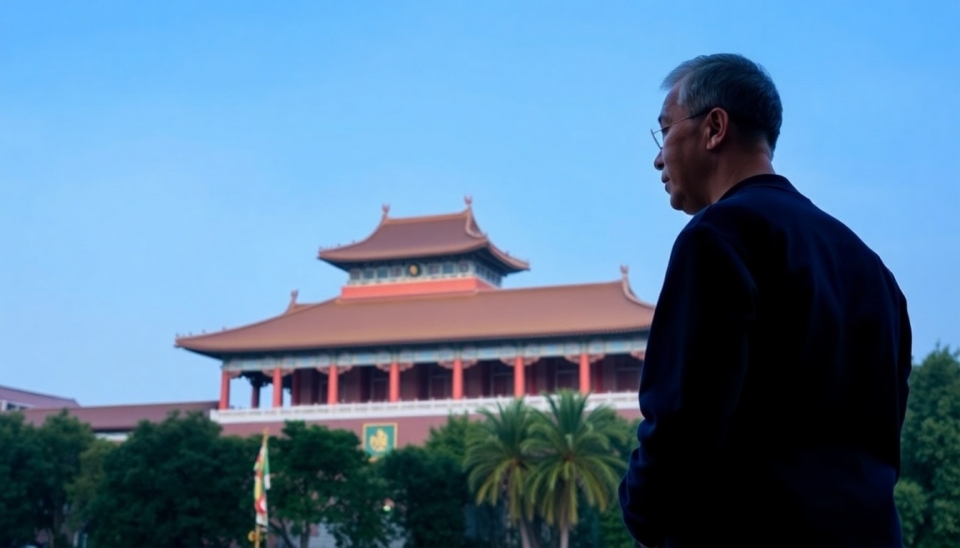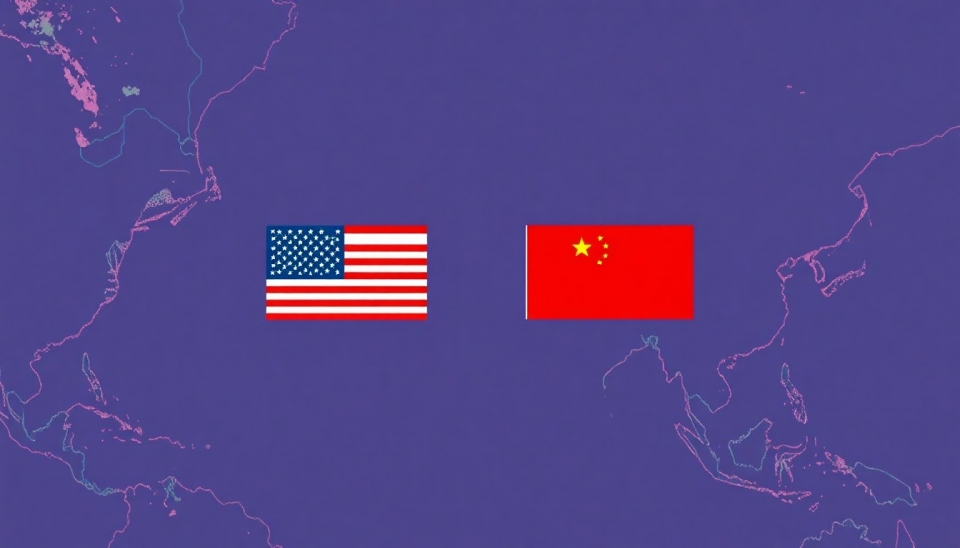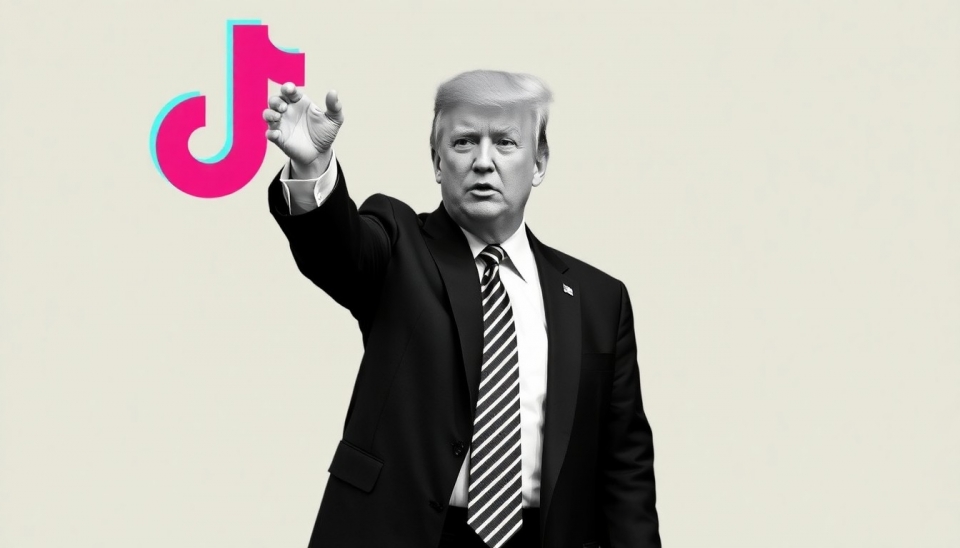
The Biden administration is laying the groundwork for a new set of restrictions aimed at China's semiconductor industry, though these latest measures appear less stringent than earlier suggestions. Set to be announced shortly, the updated regulations are designed to bolster national security by preventing advanced technology from being diverted for military purposes.
While initial proposals included sweeping restrictions that could have drastically impacted Chinese tech firms, the final measures reflect a more nuanced approach. This change comes amidst ongoing discussions about the balance between safeguarding national interests and maintaining economic relations with one of the world's largest markets.
American officials have indicated that the upcoming rules will focus primarily on curbing the export of cutting-edge chip technology to China—particularly chips used in artificial intelligence and other advanced applications. The regulations aim to close loopholes that previously allowed some technology transfers while avoiding an outright embargo, which might provoke retaliation from China.
Significantly, the latest proposals may also leave room for exemptions that could benefit U.S. companies operating in China, thereby preventing disruptions in their business operations. By crafting rules that apply selectively, the Biden administration is attempting to maintain a delicate balance in the technology competition between the two economic powerhouses.
This move follows a series of previous restrictions targeting Chinese firms, including Huawei and SMIC, but reflects a lesson learned from earlier stringent measures that triggered unforeseen consequences in global supply chains. The administration appears to recognize the risks associated with an overly aggressive approach—such as strengthening China's resolve to become self-sufficient in semiconductor production.
Analysts are closely watching these developments, as the outcome could influence not only the U.S.-China relationship but also the global semiconductor market, where competition is heating up. Stakeholders from various sectors are lobbying for clarity and stability in regulations to allow for better planning and investments in emerging technologies.
Overall, while the new regulations signal a continuation of the U.S. strategy to restrict China's access to advanced technology, they also show a willingness to engage in dialogue and avoid escalating tensions that could lead to trade wars. As the situation unfolds, it remains to be seen how China will respond and what implications this will have for the future of international tech policies.
#USChinaRelations #SemiconductorIndustry #TechExportControls #BidenAdministration #ChipRestrictions #NationalSecurity
Author: Liam Carter




